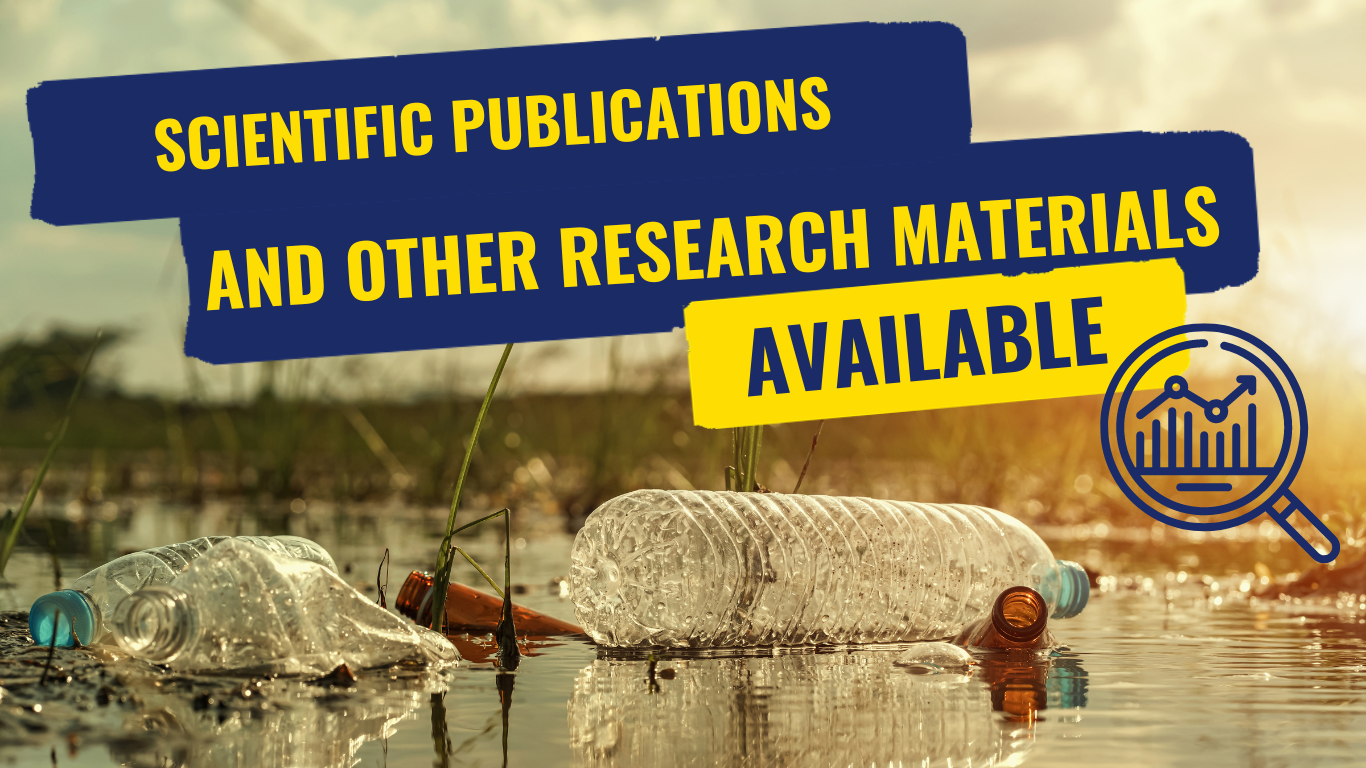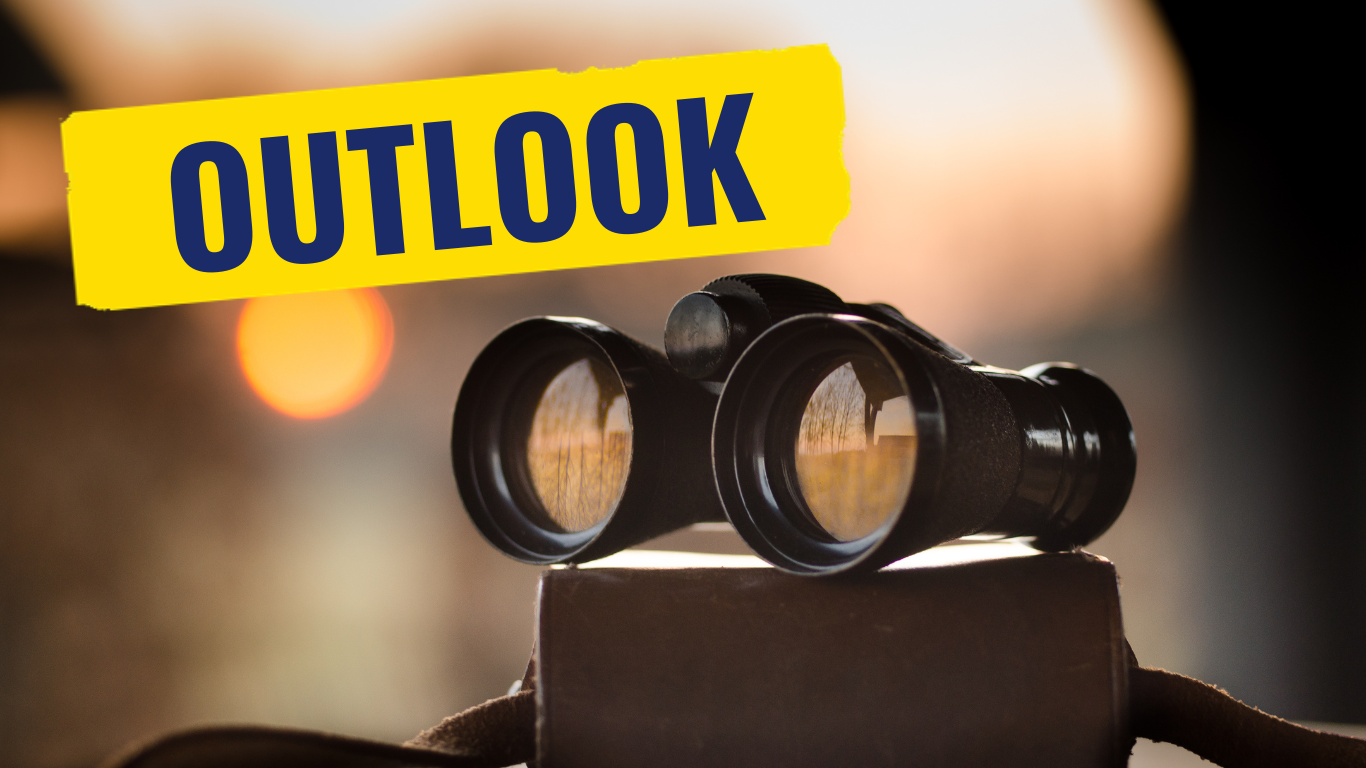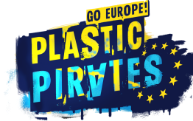Students, teachers and volunteers have participated in the citizen science project Plastic Pirates and have so far generated more than 1,700 datasets about the river pollution of (plastic) litter in 11 European countries. The coordination of such a large scale citizen science project has been challenging and insightful.

Scientific publications and other research materials
This page lists scientific publications, datasets, and samples that are available for research purposes as well as an overview of lessons learned during the coordination of the project. We explicitly welcome the (re)use of these data and insights to advance the understanding of the plastic pollution problem and citizen science aspects!
Please contact Plastic-Pirates@dlr.de in case of questions.
List of publications |
|
| The study „Exploring the abundance and characteristics of litter in Lithuanian riversides: a citizen science approach“ from 2024 by Uogintė, I., Byčenkienė, S., Davtalab, M. et al. uses Plastic Pirates data from 24 samplings sites in Autumn 2022 and 32 in spring 2023 to gain a better understanding of the sources and ecological effects of plastic contamination in Lithuanian rivers. The study was published in “Environmental Monitoring and Assessment” https://doi.org/10.1007/s10661-024-12503-7 | |
| The study “Plastic Pirates sample litter at rivers in Germany - Riverside litter and litter sources estimated by schoolchildren” from 2019 by Kiessling et al. considered over 250 datasets of pollution of riversides by larger litter objects. The majority of litter found in Germany in 2016 and 2017 consisted of plastics and cigarette butts and recreational visitors could be identified as the main source of pollution. The study was published in Environmental Pollution, https://doi.org/10.1016/j.envpol.2018.11.025 (please contact the author for a personal copy of the study). | |
| The study “Schoolchildren discover hotspots of floating plastic litter in rivers using a large-scale collaborative approach” from 2021 by Kiessling et al. considered more than 250 sampling sites investigated by students and teachers. At more than half of the rivers floating macrolitter was observed and microplastics (larger than 1 mm) were found at in 57% of samples. Microplastic pollution hotspots were also identified, meaning sites where up to 220 particles were found in individual samples. The study was published open access in Science of the Total Environment, https://doi.org/10.1016/j.scitotenv.2021.147849. The associated dataset is available at zenodo: https://doi.org/10.5281/zenodo.4600790. | |
| The article “How to get citizen science data accepted by the scientific community? Insights from the Plastic Pirates project” from 2022 by Dittmann et al. illustrates how a variety of data quality mechanisms were implemented in order to publish the citizen science data in peer-reviewed journals. The article was published open access in Proceedings of Science as proceedings of the Engaging Citizen Science Conference 2022 in Aarhus, Denmark, https://doi.org/10.22323/1.418.0124. | |
| The article “Same but Different: A Framework to Design and Compare Riverbank Plastic Monitoring Strategies” from Vriend, Roebroek and van Emmerik present a framework to better compare and to aid the design of riverbank plastic monitoring methods, which is based on four common elements distilled from riverbank (plastic) litter monitoring methods currently in use. This framework can be used by scientists and practitioners to find the right trade-offs between the data required to answer specific research questions, and the available resources. The study was published in Frontiers in Water, https://www.frontiersin.org/journals/water/articles/10.3389/frwa.2020.563791/full. | |
| The study “What potential does the EU Single-Use Plastics Directive have for reducing plastic pollution at coastlines and riversides? An evaluation based on citizen science data” from 2023 by Tim Kiesslingn et al. assessed the potential of the SUPD to reduce litter pollution in the environment with three scenarios. The “best case” scenario assumed that all measures of the SUPD completely prevent targeted items from getting into the environment. The study was published in Waste Management 2023, https://doi.org/10.1016/j.wasman.2023.03.042. | |
| The article "Sharing communication insights of the citizen science program Plastic Pirates—best practices from 7 years of engaging schoolchildren and teachers in plastic pollution research" from 2023 by Sinja Dittmann et al. illustrates, that without time-efficient communication and strategies to keep track of conversations, it would not have been possible to achieve the scientific and educational goals of the program, i.e., to help teachers increase the environmental awareness and scientific literacy of their schoolchildren, and to produce peer-reviewed articles based on the collected citizen science data. The article was published in Frontiers in Environmental Science, 2023, https://www.frontiersin.org/articles/10.3389/fenvs.2023.1233103/full. |
Additional publications in German: |
|
| „Plastic Pirates – Go Europe!“ Lehrkräfte berichten von ihren Erfahrungen mit dem Citizen-Science-Projekt“ by Kiessling et al. (2023) in Unterricht Chemie 194, „Plastic Pirates – Go Europe!“ - Lehrkräfte berichten von ihren Erfahrungen mit dem Citizen-Science-Projekt (friedrich-verlag.de). | |
| „Plastikpiraten forschen” by Dittmann and Kiessling (2021) in Umweltmagazin Band 51, Nr. 09-10. | |
| „Plastikpiraten erforschen die Müllverschmutzung von deutschen Flüssen“ by Dittmann et al. (2021) in Wasser und Abfall 2021/5. | |
| „Die Plastikpiraten – Teilhabe an echter Wissenschaft durch Citizen-Science“ by Kiessling et al. (2020) in Unterricht Chemie 179, https://www.friedrich-verlag.de/chemie/gesellschaft-nachhaltigkeit/die-plastikpiraten-5067. | |
| „Plastikmüll im Ozean – Eine Untersuchung im Fachraum und Freiland“ by Kruse et al. (2018) in Unterricht Chemie 165, https://www.friedrich-verlag.de/chemie/gesellschaft-nachhaltigkeit/plastikmuell-im-ozean-3226. |
Contact local partners to access raw data
For access to raw data, contact the coordinators of the Plastic Pirates initiative in your respective country. For example, the coordinators of the German Plastic Pirates initiative, located at Kiel Science Factory, have an archive of more than 1,000 plastic particles (> 1 mm) that have been photographed, measured, analysed with ATR-FTIR to verify polymer composition and inventoried.
| Austria | plastic.pirates@boku.ac.at |
| Belgium | plastic-pirates-be@vliz.be |
| Bulgaria | plastic_pirates@io-bas.bg |
| Germany | plastikpiraten@forschungs-werkstatt.de |
| Greece | elias@hcmr.gr |
| Hungary | plasticpirates@xiagency.hu |
| Italy | plasticpiratesitaly@marevivo.it |
| Lithuania | plastic.pirates@lmnsc.lt |
| Portugal | plasticpiratesportugal@cienciaviva.pt |
| Slovenia | plastic.pirates@nib.si |
| Spain | plasticpirates.spain@uvic.cat |
Accompanying research and publications featuring the Plastic Pirates
- In the book "Evaluationsmethoden der Wissenschaftskommunikation”, the practical article “Praxisbeitrag: Quantitative Befragungen” from 2023 by Knapp et al. is dedicated to a survey among the participating teachers. The interviews presented aimed, among other things, to gain more detailed insights into who participated in the action and what expectations were attached to participation
https://link.springer.com/book/10.1007/978-3-658-39582-7. -
The article "UN plastic treaty must mind the people: Citizen science can assist citizen involvement in plastic policymaking" from 2023 by Oturai et. al. explores citizen involvement in plastic policymaking, highlighting Plastic Pirates as an example. It emphasizes the importance of engaging citizens and presents different approaches for their active participation. The article was published open access in Open Earth, Volume 6, Issue 6, 2023, Pages 715-724, https://www.sciencedirect.com/science/article/pii/S2590332223002518
-
The fifth thematic report of the "Mutual Learning Exercise (MLE) on Citizen Science Initiatives - Policy and Practice on "Scaling-up Citizen Science" 2023 aims to exchange information and support the scaling up of citizen science across Europe. It explores the challenges and dimensions of scaling up citizen science projects, emphasizing qualitative, inclusive, and responsible approaches. The article features Plastic Pirates as an example within this context. https://t1p.de/wgal1
- In the publication “Scaling Up: First insights into the accompanying research "Plastic Pirates - Go Europe!" from 2022 by Knapp et al., the various characteristics of participants in citizen science projects are identified. There is a special focus on teachers and youth group leaders as facilitators of participation in the initiative. The article was published open access in Proceedings of Science as proceedings of the Austrian Citizen Science Conference 2022 in Dornbirn, Austria, Microsoft Word - PoStemplate_vk.odt (sissa.it)

Outlook
We are currently exploring the use of citizen science data to evaluate the effectiveness of EU Directive 2019/904, which aims to reduce single-use plastics. We are also working on compiling the data from the participating 11 European countries for further analysis and making it available to European researchers via open repositories. Stay updated by visiting our website or connecting with us on social media.
